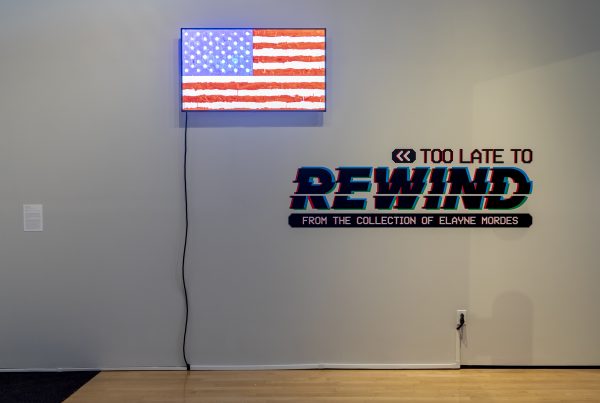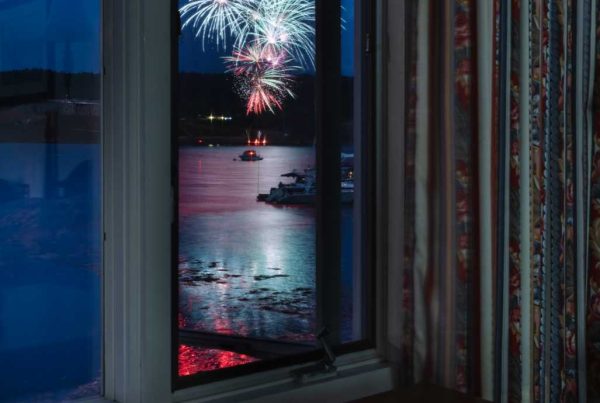
The Oscar-nominated film “Mustang” opens with a scene straight out of any American teen comedy from the ‘80s, ‘90s or today: On a coastal town in Turkey, school has just let out for the summer, and five sisters enjoy some innocent, seaside horseplay with local boys, including riding on their shoulders.
But when a nosy neighbor catches them and reports their allegedly lascivious actions to their fascistic grandmother, a summer of degradation and confinement is set in motion: One by one, the girls of varying ages and temperaments—Selma (Tuğba Sunguroğlu), Sonay (İlayda Akdoğan), Ece (Elit İşcan), Nur (Doğa Doğuşlu) and Lale (Güneş Şensoy)—are deprived of any “corrupting” possessions like phones and computers, are prohibited from leaving their home, whose borders are reinforced with prison-like bars, and are forced into taking virginity tests and, ultimately, arranged marriages.
“Mustang,” a movie financed and filmed by French talent, brims with feminist rage about the inequities of the modern woman under patriarchal dictatorships both macro and micro. Yet it’s far from the doom and gloom its plot synopsis might suggest. First-time director Deniz Gamze Erguven appreciates the absurdity of these backward social customs in a 21st century setting, inviting us to laugh at the characters’ situations even as we wince at their oppression. The infectious, lightning-in-a-bottle chemistry between the five actresses playing the girls—many of them nonprofessionals—is the life-giving glue that binds this acclaimed film, one that strikes a perfect art-cinema balance between the adventurous and the accessible. Boca Raton spoke to Erguven (pictured below) via phone about her remarkable achievement, which opens in South Florida theaters today.

What was the spark the inspired this story?
I wanted to say, with a sense of urgency, what it was to be a woman in Turkey. The film is anchored in the social reality of Turkey today. But in a way, the characters and the story transcend that social reality. The first scene in the film, where the girls sit on the shoulders of the boys playing that innocent game in the sea and are accused of having done something disgusting, is a scene that I have lived almost exactly, with the girls in my family. But our reaction was to be completely ashamed and not to do anything and look at our shoes and be mortified for years. The characters start off by reacting to the absurd logic they’re being attacked with by bringing the chairs into the house and saying, “These chairs touches our assholes, isn’t that disgusting?” So the characters, in situations that were very familiar to me, react like absolute superheroes, and very far from the ways I had reacted.
Most western audiences will look at a reaction like the grandmother’s and find it mystifying.
There’s a kind of echo that women feel, not only necessarily in the Turkish culture. Of course, we’re in societies that are very mixed, and we know each other, and European culture is very intertwined with other cultures. So it’s not completely foreign, actually. There are scenes which are anchored in many societies. Lately, I’ve shown the film in a prison in France. There were women from Africa, a woman from Eastern Europe, who have lived, quite exactly, some scenes in the film, like the virginity testing, being taken to the hospital—so it’s not just a local issue.

Have you encountered any reaction from the Turkish authorities or the Turkish film industry as to how their country is represented in the film?
Everywhere else the film has been embraced with a lot of warmth, but the reactions in Turkey were very polarized. The country right now is very polarized. A good half really adores the film, and there’s another half that is extremely aggressive with the film. We are so far into taboo territory, that I guess those reactions were completely normal and expected. For me, the point of view of these girls and the life of these girls were very exotic, not only to audiences which are not from Turkey but to the male counterparts of these girls. So I would have hoped that the story of these girls would have delivered more perspective to people in Turkey.
Also, it’s a territory where you have very few films coming out. There was one film made about Turkey, a very sad precedent, called “Midnight Express.” It was extremely damaging for the image of the country. Most of the world associated an entire country with a libidinous, hairy, sweaty rapist prison guard. So Turkish people are extremely susceptible to the way the country is represented, and since it’s a territory with few films that go abroad and circulate and represent the country, they watch carefully how we speak about the country. And of course we tackle problems in the Turkish society. We don’t show the best and most beautiful parts of Istanbul. We’re looking into dark places of the human experience. There’s a bit of suspicion of that as well.
Many reviews of “Mustang” have rightly pointed out the astonishing intimacy and familiarity that these actresses showed in their scenes together. What did you do to create and foster this environment?
The question of directing actors is for me the most important one in the film, and the most important resource is the actors. I had prepared a lot; four of the girls had never acted before, so we were inviting them into the game. They all had shown great qualities of acting—like the propensity to dive into the story, a great imagination, great listening. Then we had to welcome them and create a safe haven where they could take risks and try things. It had to be extremely playful. It had to spark things in them. And we did boot camps; we did a lot of games and exercises to generate physical intimacy and generate discussions, and become intimate in every way possible.

So do you think it worked in your favor that the actors were blank slates, and didn’t have any formal training?
I was completely indifferent to whether they had acted. I never asked it in the audition, and I didn’t want to know. I was looking for very specific qualities, and whether they had been trained or not was fine for me. It so happened that four of them had never been trained, but I didn’t know it at the time. I knew the qualities I needed to be able to direct them; for example, I never said an actor was good or bad; I said I can direct her or can’t direct her.
I admire the ending of the film so much, because it leaves so much open, and I didn’t know what to feel. I was moved to tears, but I didn’t know if they were happy or sad tears. Do you see the conclusion as hopeful?
I always looked up to the characters. I thought they were extremely courageous, and I didn’t want to hit them on the head while they shown the courage I had never shown. Very early in the writing, it was a glorious and jubilant and victorious ending, even if it was completely impossible. [Ultimately], it’s a happy ending shaded by the feeling of everything that has been lost along the way.
The girls are really one character with five heads. In terms of the drama, I thought about it that way. I thought, if a creature with five heads was attacked and loses an arm and a leg all the way down the story, each time it recomposes and strikes back. At the end of the story, yes, our character with five heads survives, but she’s very diminished. The sense of melancholy is of course very strong.
You had filmed a couple of short films before this. Can you speak about the transition from shooting a feature versus a short? Did you run into unforeseen crises that many first-time filmmakers have experienced?
Yes, it was nine years between the day I exited film school and the day “Mustang” premiered in Cannes. I was in a film school in Paris where you do films, one after the other, and when you’re out, you’re ready for your first feature film. My first feature film project was quite a heavy production to get made, so I changed my strategy and started working on “Mustang,” which was probably closer to me, easier to produce. But it has been a real battle. I had no doubt it would eventually happen, but it took so much time. There was a lot of drama, but it’s part of the job.
“Mustang” opens today at Regal Shadowood and Living Room Theaters in Boca Raton, Movies of Delray, the Lake Worth Playhouse’s Stonzek Theater, Cinema Paradiso in Hollywood, the Tower Theater in Miami, the Miami Beach Cinematheque and the Cosford Cinema in Coral Gables.







